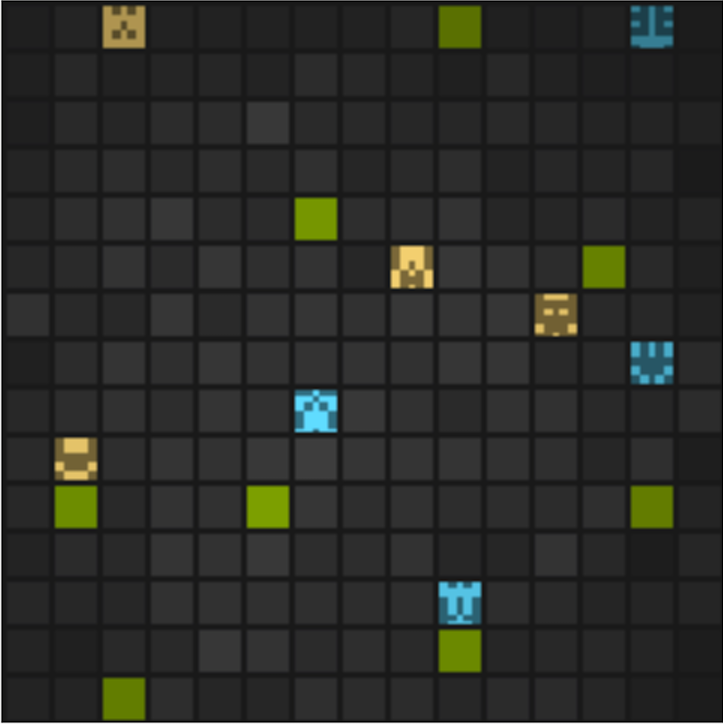Dallinger
- Project Type:
- Education
- Client:
- University of California, Berkeley
- Location:
- Berkeley, California
- Technology:
- Python
Laboratory automation for the behavioral and social sciences.

In 2016, a team led by the University of California, Berkeley's Computational Cognitive Science Lab was awarded a Cooperative Agreement from DARPA's Next Generation Social Sciences program to develop tools for doing rigorous social science research at large scales. As part of that award, Jazkarta has been helping develop Dallinger, a tool to automate experiments that use combinations of automated bots and human subjects recruited on platforms like Mechanical Turk. Dallinger allows crowd sourced experiments to be abstracted into single function calls that can be inserted into higher-order algorithms. It fully automates the process of recruiting participants, obtaining informed consent, arranging participants into a network, running the experiment, coordinating communication, recording and managing the data, and paying the participants. Part of the research project involves running sample experiments, and for that purpose the team invented a real-time, multiplayer, public goods game named Griduniverse - shown above.
The Lab decided to partner with Jazkarta because of our web application development expertise, including familiarity with the myriad components of the Dallinger technology stack: Python, Redis, Web Sockets, Heroku, AWS, Mechanical Turk, boto, Flask, PostgreSQL, SQLAlchemy, Gunicorn, Pytest, gevent. They also wanted to take advantage of our project management expertise to lead discovery and agile development for this large project. A final point in Jazkarta's favor was our familiarity with large, open source software projects such as Plone - since another goal of the project is to make Dallinger itself a successful open source project.
For more information, see our conference presentation about this project.

